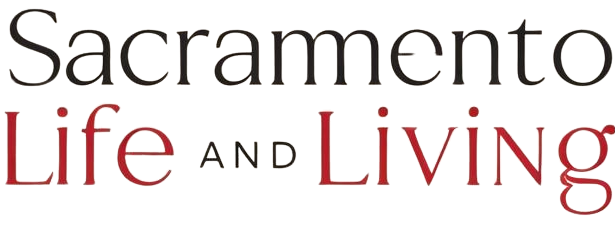As future and current homeowners managing our finances effectively is key to achieving our personal and professional goals.
In this post, we’ll explore practical tips and strategies to help you navigate the complex world of personal finance and build a solid foundation for your financial future.
Budgeting Basics
Creating a budget is the first step towards financial wellness. Start by tracking your expenses and categorizing your spending. Identify areas where you can cut costs and allocate your income towards your financial goals, such as savings, investments, and debt repayment.
Emergency Fund Essentials
Building an emergency fund is crucial for weathering unexpected expenses or income fluctuations. Aim to set aside enough savings to cover 3-6 months’ worth of living expenses. Consider automating contributions to your emergency fund to ensure consistent progress towards your savings goal.

Debt Management Strategies
Managing debt effectively is key to achieving financial freedom. Prioritize high-interest debt and explore strategies such as debt consolidation or refinancing to lower your interest rates. Make a plan to pay off debt systematically while still contributing to your savings and investments.
Saving for Homeownership
Many real estate professionals dream of owning their own home. Start by saving for a down payment and researching mortgage options. Consider factors such as location, affordability, and long-term financial implications before making a purchase.

Investing for the Future
Diversifying your investments beyond real estate assets is essential for long-term wealth accumulation. Explore options such as retirement accounts, index funds, and individual stocks to build a well-rounded investment portfolio aligned with your risk tolerance and financial goals.
Tax Planning Strategies
Understanding the tax implications of your real estate business is crucial for maximizing your financial resources. Take advantage of deductions for business expenses, depreciation of investment properties, and other tax-saving strategies to minimize your tax liability.
Financial Education Resources
Continuous learning is key to mastering personal finance. Explore books, podcasts, workshops, and online courses focused on financial literacy and investing tailored to the needs of real estate professionals.
Peer Support and Networking
Don’t underestimate the power of peer support and networking within the real estate community. Connect with fellow professionals to share insights, experiences, and best practices for achieving financial success.
Long-Term Financial Goals
Set clear, actionable long-term financial goals that align with your values and aspirations. Whether it’s retirement planning, education funding, or building generational wealth, prioritize your goals and develop a roadmap for achieving them.
Seeking Professional Guidance
When in doubt, seek professional guidance from financial advisors, accountants, or certified financial planners. These experts can provide personalized advice and strategies tailored to your unique financial situation and goals.
Conclusion
By implementing these strategies and taking proactive steps to improve your financial wellness, you’ll be well-equipped to navigate the ups and downs of the real estate industry with confidence.
Remember, financial wellness is a journey, not a destination. Stay disciplined, stay focused, and keep striving towards your financial goals. You’ve got this!
We hope you found this blog post helpful and insightful.




